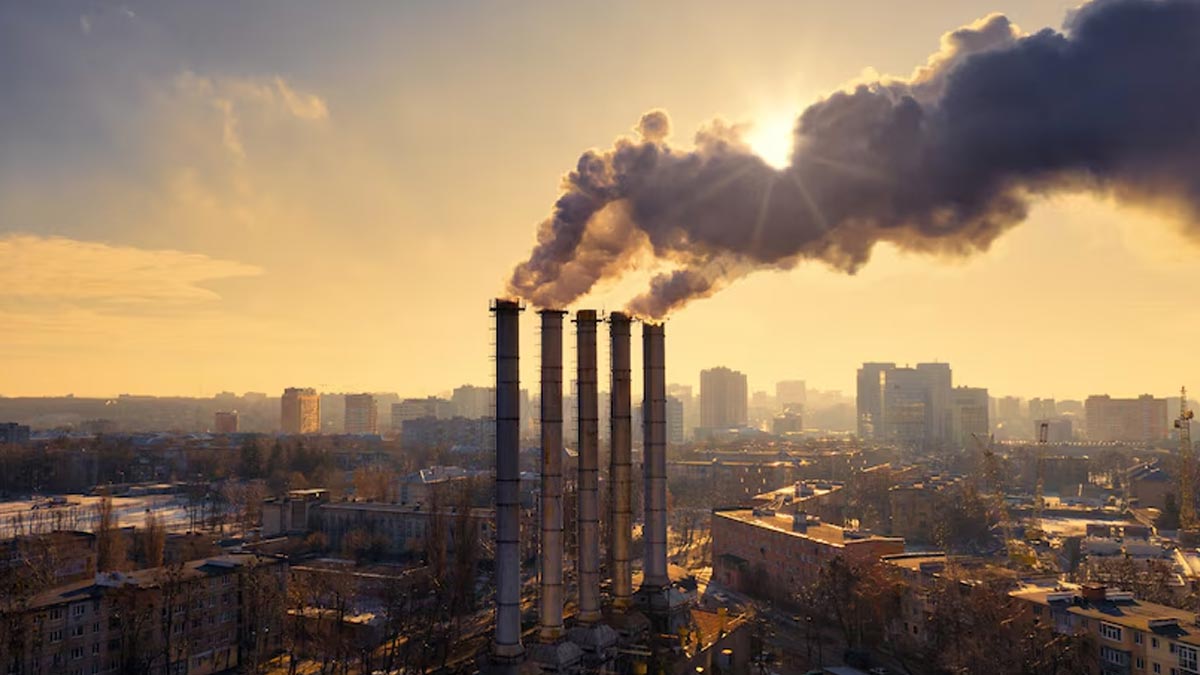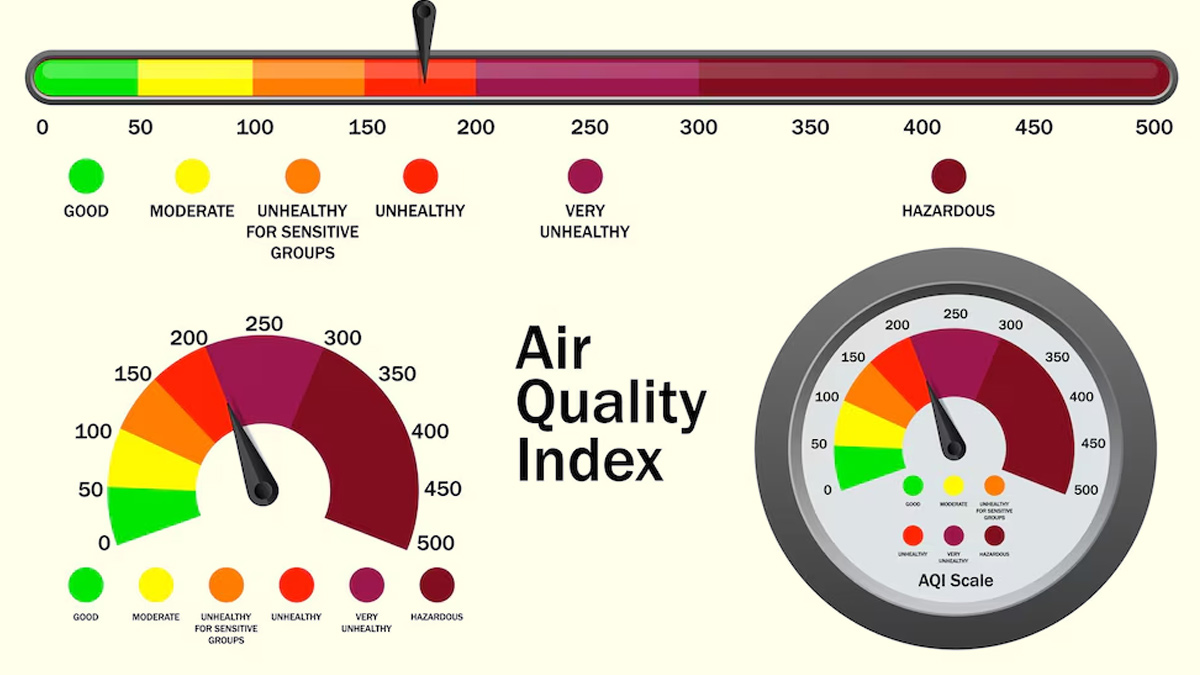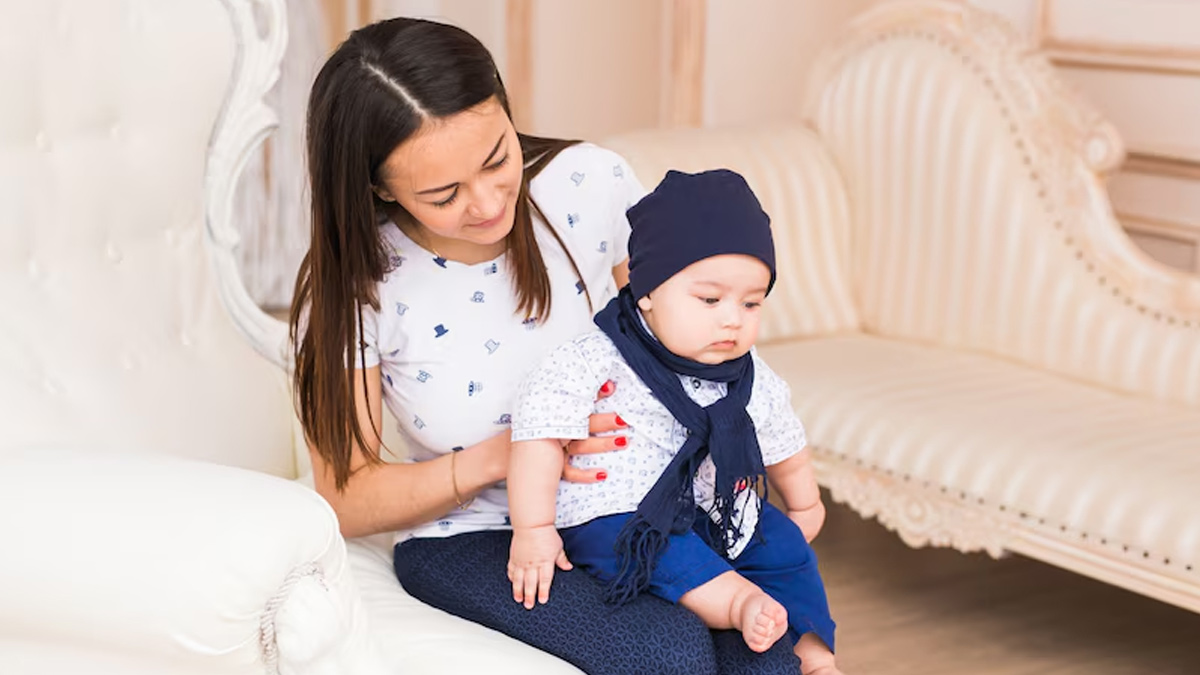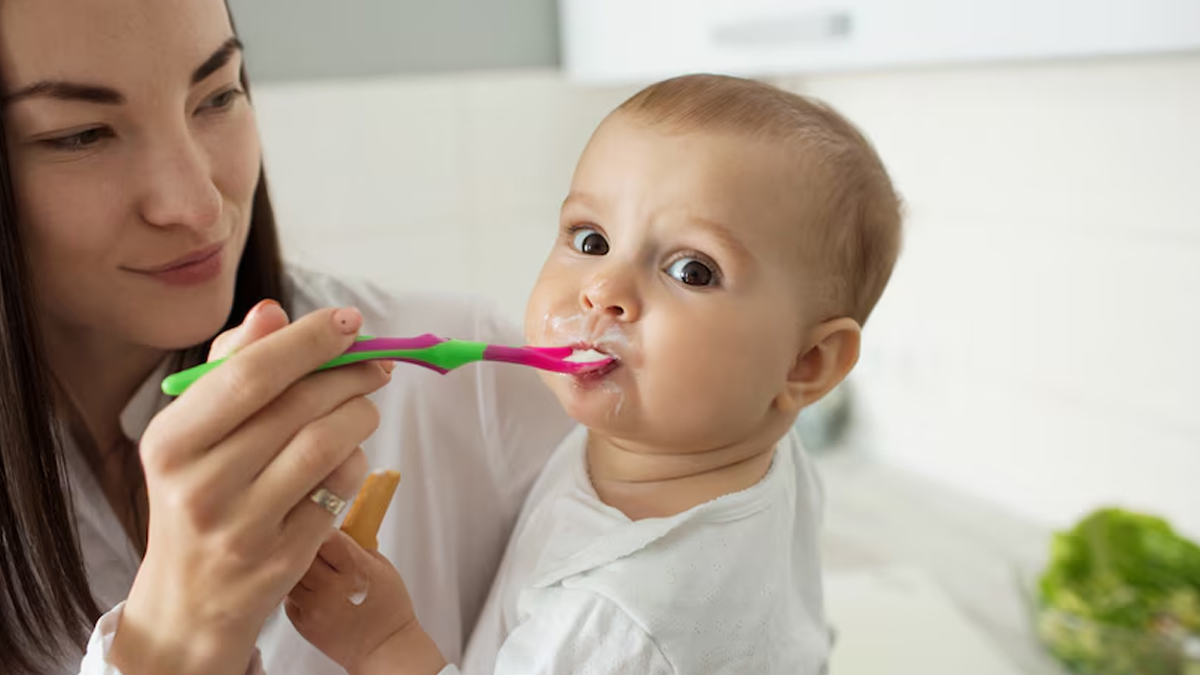
The festive season, while filled with joy, often brings added air pollution due to the widespread use of firecrackers, which can further reduce the Air Quality Index (AQI). For babies, who are particularly vulnerable to pollutants because of their developing lungs and faster breathing rates, this period can be especially challenging.
Table of Content:-
To understand how to take care of your baby amid Diwali pollution and low AQI, OnlyMyHealth interacted with Dr Abhishek Chopra, Consultant Neonatologist and Paediatrician at Cloudnine Group of Hospitals, New Delhi.
According to Dr Chopra “Caring for a baby during periods of low AQI and increased pollution, particularly during festive seasons when fireworks are common, requires proactive measures to protect their health and well-being.” Here’s how to care for your little one in these conditions.
The AQI measures how polluted the air is, where a lower AQI signals worse air quality. During festivals, fireworks contribute to pollutants like particulate matter (PM), nitrogen dioxide (NO₂), and sulphur dioxide (SO₂), which can harm babies’ sensitive respiratory systems. Infants are at a greater risk of respiratory issues during this period, making protective measures essential.
Here are some key precautionary measures listed by Dr Chopra for babies during low AQI:
Monitor Air Quality

Stay Informed: Check AQI levels using reliable apps or websites. If the AQI rises above 100, it's time to be cautious, and at levels over 150, limit outdoor activities as much as possible.
Indoor Air Quality: Invest in a good air purifier for the baby’s room, ideally with a HEPA filter, to remove particles and allergens. Dr Chopra notes, “Using an air purifier can help reduce indoor pollutants, providing a safer environment for babies.”
Limit Outdoor Exposure
Stay Indoors: Avoid taking your baby outside during times of high pollution, especially when fireworks are being set off. Keep windows and doors shut to block out polluted air.
Ventilate Carefully: If you need to ventilate, do so during early mornings or late evenings when pollution levels may be lower. This helps refresh indoor air without exposing the baby to peak pollution hours.
Dress Appropriately for Added Protection

Layer Up: When going outside, dress your baby in layers. Covering the nose and mouth with a soft cloth scarf can help limit pollutant exposure.
Consider Masks for Older Babies: For babies over two years old, a child-friendly mask may offer additional protection, particularly when air quality is at its worst.
Create a Healthy Indoor Environment
Regular Cleaning: Dust and vacuum regularly using a vacuum with a HEPA filter to reduce indoor allergens. Pollution particles can settle on surfaces, and regular cleaning can help maintain a safer environment.
No Smoking Indoors: Secondhand smoke significantly worsens indoor air quality, which is why smoking indoors should be avoided entirely.
Minimise Chemical Use: Reduce the use of strong cleaning agents and air fresheners that add to indoor air pollution.
Supporting Baby’s Health Amid Pollution

Nutritious Foods: Offer a balanced diet with fruits, vegetables, and foods rich in antioxidants to help fight pollution-related oxidative stress. Foods high in vitamins C and E and omega-3 fatty acids support respiratory health.
Hydration: Ensuring adequate hydration is essential as it helps the body flush out toxins and supports overall respiratory function.
Monitor for Symptoms
Watch for Respiratory Signs: Be vigilant for signs of respiratory distress, such as coughing or wheezing, and consult a paediatrician if symptoms worsen.
Allergies and Asthma: Babies with a history of respiratory issues may need extra care. Dr Chopra recommends, “Keep prescribed medications on hand and closely follow your paediatrician’s advice on managing allergies or asthma during high pollution days.”
Conclusion
Taking care of a baby during periods of low AQI and festive pollution requires a comprehensive approach to limit exposure and bolster their health. With Dr Chopra’s advice, focusing on good air quality, nutritious foods, limiting outdoor activities, and creating a clean indoor space can help ensure your baby stays healthy and comfortable amid environmental challenges. Through careful planning and attention, you can protect your baby’s health while enjoying the festive season responsibly.
Also watch this video
How we keep this article up to date:
We work with experts and keep a close eye on the latest in health and wellness. Whenever there is a new research or helpful information, we update our articles with accurate and useful advice.
Current Version